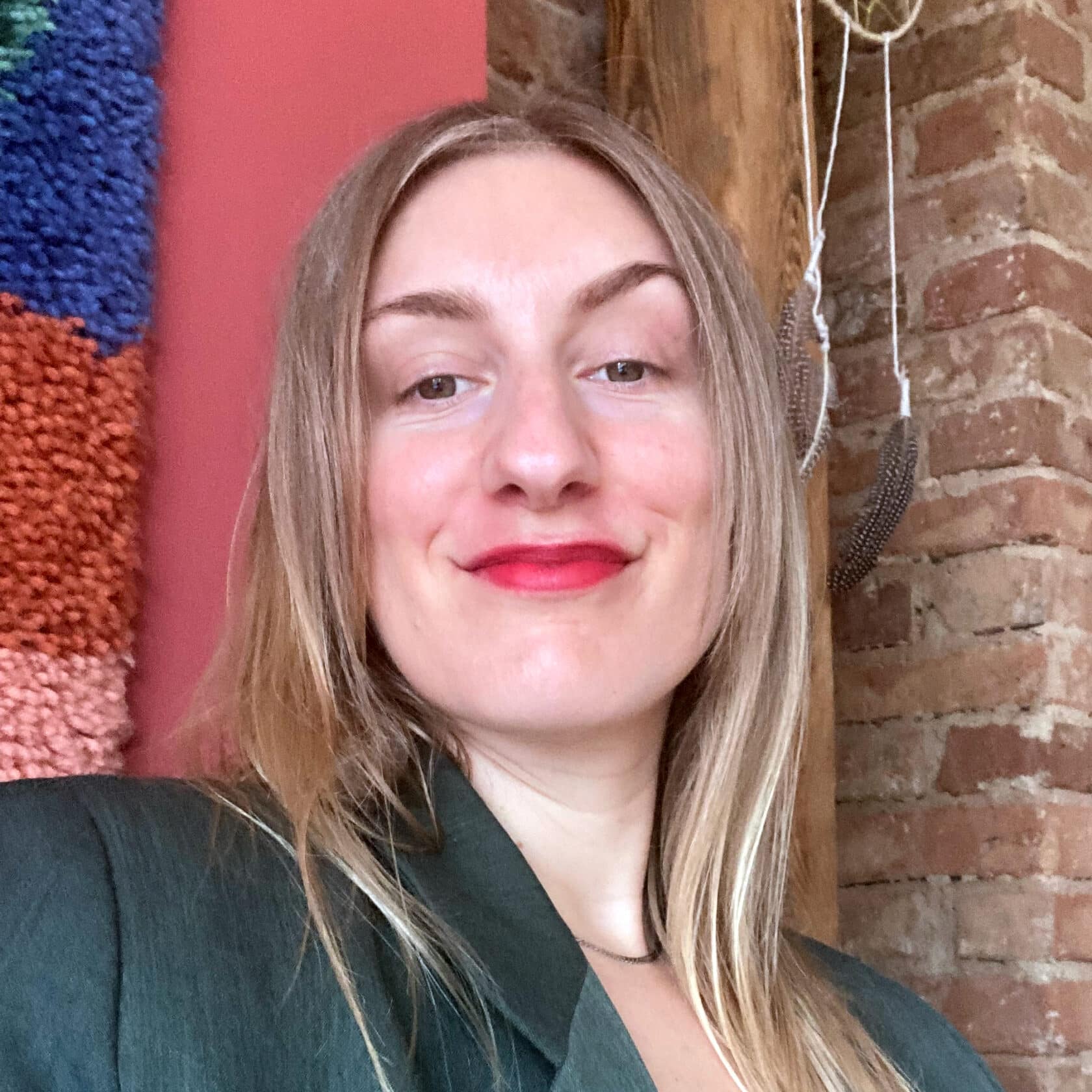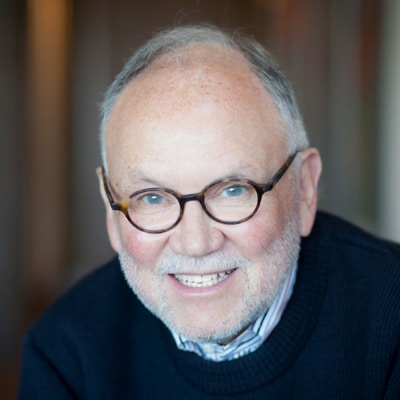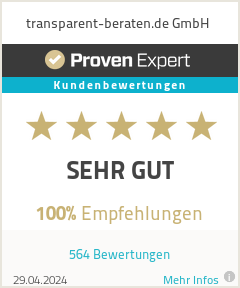Watch the full interview on YouTube
Or listen to the audio:

Nicole:
Welcome Howard. Thanks for joining us. Please first introduce yourself and tell us about your rock bottom moment.
Howard:
You know probably the most serious rock bottom moment of my life, I’ve had a few, but the most serious one was when I retired from Starbucks Coffee. I was the President of Starbucks Coffee and I had been with the company for 21 years when I decided it was time for me to move on. And I thought I understood it and what the effect was going to be, but I didn’t really get it. As soon as I left, I began to get anxiety, severe anxiety and the anxiety turned into depression, serious depression that actually took me 2 years to get out of.
There were so many times that I thought my life wasn’t worth living. It was really that serious. I lost my way. I didn’t know who I was or what I was about. I was laying on my sofa in my house and I was reading my book and I felt the worst about myself. I really sat there and thought “this is the end, I’m done” and all of a sudden these words came into my heard “Howard, your life’s work is still your life’s work.” I don’t know where they came from but they just came out of nowhere. I repeated the words to myself. Hey, My life’s work is still my life’s work. Well, that begged the question, what is my life’s work?
I decided that my life’s work was what it had always been, to serve others and to help others achieve what they wanted to achieve out of their lives. And that’s basically what I had done at Starbucks. I am a practitioner of Servant Leadership, so that fit who I was. So I decided I could carry on Servant Leadership, but just in a different way. I didn’t know how that was going to be but slowly after a period of 6 months I worked myself back from severe depression to being productive again through helping others. I was following my mission, which was to nurture and inspire the human spirit beginning with myself first and then for others. I started to get healthy again. Once I started to realize I could still contribute to the world and I could still be a productive human being, it changed everything. I still have anxiety, and bouts of depression over things, but it’s light and moderate and I am able to manage it. So that was the most significant thing in my life, when I really thought, how to end my life without hurting my family. Those were the questions I asked. It was hard.


Nicole:
Thank you for sharing that, that’s pretty heavy. I think a lot of people are not so open about their mental health struggles but it’s really important because I think everyone goes through these moments at some points in their lives. What were some of the tools or resources that helped you dig yourself out of that rut or that rock bottom?
Howard:
That’s the strange thing about it, I’ve always had tools. If I needed help, i would always go to counselors, or psychistatist whenever I felt I needed it and they would help me. I always used affirmations to help me work through my issues and stay centered. I just forgot all those tools. It’s amazing how you have all the stuff at your disposal and you forget to use them. The depression is so bad that you feel you are in this hole and that nothing will help you. I had used tools and I just didn’t use them. And finally when I did come out of that, I went and got help again, and got counseling again, and I started using my affirmations again. And over time, it helped me heal. Anxiety and bouts of depression have been a lifelong journey for me. I still struggle with that. I have my ups and downs. I have nothing to worry about, it’s not like I can’t put food on the table or a roof over my head or clothes on my back for myself or family. I can. But when I feel the worst about myself is when I feel I am not contributing. I feel like I don’t matter. And so I had to work myself back to mattering. I started giving speeches and talking about servant leadership. That journey helped heal me because all of sudden I was getting feedback. It makes a difference in a life.


Nicole:
Do you have any specific affirmations that you’d like to share?
Howard:
Sure, the two most important ones to me are:
– I am enough, I have enough, I do enough.
– I love myself unconditionally.


Nicole:
Those are beautiful.
Howard:
I knew them and I used them, and I forgot to use them. You go so deep into that part of self that is dark, that it just wasn’t coming up. I kept asking my wife for help. But the truth was, she couldn’t, I had to help myself.


Nicole:
Yea that must have been hard for everyone involved.
Howard:
It was hard for her, it was hard for me. No matter how much she loved me and wanted to help me, it wasn’t something she could do. I had to do it. And she could encourage me, and love me and support me in those ways, but she couldn’t get me out of that side of myself that was just so dark.


Nicole:
What did you learn from this or what were your biggest takeaways. And do you have any advice to give someone who was in a similar situation?
Howard:
What I learned was, there are all different ways to contribute. I worked my whole life. Being President of a large company like Starbucks and being there from almost the beginning days. You know, I was all in. I was completely consumed by it. I was traveling 70% of the time. I was meeting with people. We were growing the business. It was growing fast. It was exciting. And it was fun. You are in charge of something, or you think you are in charge of something. You get great feedback all the time. All of a sudden I went from having that to having nothing. There was no feedback anymore. There was no reinforcement for myself because I wasn’t in that arena anymore. After doing it for so long, I was there 21 years. I had to find that feedback. I really had to discover my life’s work was still my life’s work, I just wasn’t going to get reinforcement the same way I did before and I had to be ok with that. I had to understand that if all I could do was help one person, that had to be enough. And most of the time without even knowing. I had to come to the conclusion that I knew that I was doing the right thing and I was reinforcing the things I believed in and hopefully helping others to do the same and to feel better about themselves and achieve the things they wanted out of life. When I finally came to accept that, that I wasn’t going to get accolades and big crowds, and I wasn’t going to have all that stuff, then that really helped me. And I just came to accept that. And I totally accept that now.


Nicole:
Yea that your value is inherent, it’s not based on what you achieve. If anything, it’s based on who you are in community with. and who you share experiences with. And I think that’s a tough lesson for a lot of people to learn, especially in this time in our lives – where it is so much about the title and what you achieve and the money you make.
Howard:
And I was caught up in that whole trap. And the affirmation, “I want to nurture and inspire the human spirit beginning with myself first and then with others” What I came to understand is that if I’m not ok with me, I can’t help anyone else. And I had to get ok with me.


Nicole:
You have to fill your own cup first.
Howard:
Yep, that’s right, you do.


Nicole:
Is there any advice you would give someone in a similar situation? Where would you tell them to turn first?
Howard:
I would say, get help. Even when you don’t think you really need it, go find a professional to talk with because they can help you. And then find little things to reinforce your self-worth. Do little things. Complete little tasks. Clean the garage. Clean the cupboard. Do things that help you feel better by yourself. Serve somebody. Go to a soup kitchen and serve soup. Sweep the floor. When you are walking down the street, pick up the pieces of paper that are in front of you. Do anything that makes you feel worthwhile. From the tiniest little thing to the bigger things. Anything. Get help.


Nicole:
I think the tiny things add up to the big things. And also about getting help, sometimes people will reach a point, a rock bottom, and then they will reach out for help but it wont be the right fit, but there are so many different approaches, there are so many different tools, that if you don’t find something right way just to keep searching because there is someone out there who will align with you.
Howard:
When I tried to get psychiatric help, or counseling, there were a few people I didn’t relate to. I had one person who would just listen and not make any comments. I needed interaction. I figured that out and found someone who was good at giving me feedback, who was good at conversation. Amazingly, I hadn’t talked to her (my counselor) for a long time, but a few months ago I was feeling down. I called her up and she helped me again, because it was interaction and that’s what I needed.


Nicole:
I think that’s also kind of part of servant leadership, this idea that you don’t have to go at it alone, that we are in community with each other. And when you are in this low moment, you feel like you are the only one in the world who feels like that, but there are so many people who feel that way as well and who have also overcome that, and so, yea, sometimes just the knowledge that someone else has struggled or that someone else can help is enough too. Even more important why we talk about this.
Howard:
Try to find other people’s stories that you can identify with. And that really helps, still helps me today. I am reading a book by Albert Brooks, on life and the second half of life, when you are no longer getting this feedback. It talks about being so attached to accomplishments and how to move away from that. After a while, you do something great and get great feedback and 3 days later that feeling is gone and now you are looking for something else. It’s like this drug that you are always trying to get, this feel good drug, that doesn’t really exist. The only person that helps you get there is yourself. And you have to ask for help in getting there yourself.


Nicole:
Yea and building that relationship with self, because you are in that relationship for your whole life. So it’s worth it to put effort into making that the strongest relationship you have.
Howard:
Yea, exactly.


Nicole:
Last question would be, if you faced a similar moment, would you do something differently or would you go about it the same way – ex. calling up your lifeline, using your tools and affirmations. Is there anything else you would do differently?
Howard:
Talk with somebody, that’s what works for me. It’s my life. It’s how I exist. Communication is really important to me. Having someone who listens and gives good feedback and asks good questions. It helps me to see that there is light. That just works for me. I’m not good alone. I can use my affirmations and they help me but I am really at the best when I am getting feedback from somebody else.


Nicole:
Yea we are social creatures, we forget that sometimes.
Howard:
Well, not everyone is like that. Not everyone can do that. But for me that’s what works.


Nicole:
So at what point do you feel like “now is the time I need to reach out”? Do you reach out more early on or do you wait until it gets to a certain point?
Howard:
If I go a week of all down days, then I know I need to reach out.


Nicole:
That’s helpful for folks, to put it in perspective because sometimes you don’t know when to reach out or maybe months pass and you don’t realize. The longer you wait the more normalized it becomes and the harder it is to reach out because you feel like it’s never ending.
Howard:
Yes, you think this is what your life is going to be on from now on, it’s going to be terrible, your life isn’t worth living and all those things that go on. So now when I get a week of down days, I get help. I don’t always know where they come from, I wish I knew. But I don’t, it just shows up. Every day becomes cloudy, never sun.


Nicole:
Well thank you so much for sharing your experience, I had no idea it would go this direction. I feel inspired and hopefully it helps other people feel supported on their own mental health journey.
Howard:
Thanks for inviting me, I appreciate it.

More interviews!
When first starting out in business, it’s often the stories or advice we hear from mentors, family members, or friends who have tried and failed that are most helpful. But what happens if you come from a blue-collar family, an immigrant background, or underprivileged circumstances? Who do you turn to for advice? Thanks to our fearless guests, the Transparent Voices series helps bring transparency to taboo business topics and guide an incoming generation of change-makers, entrepreneurs, and glass ceiling crashers towards success.




